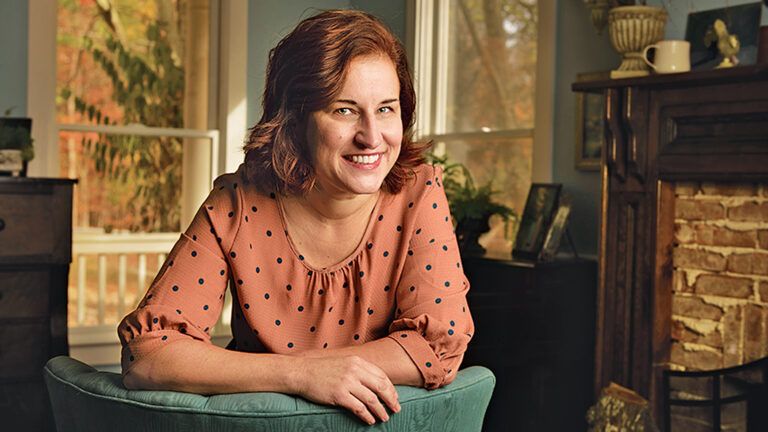If you’re around 40 or your parents are around 70, experts say, it’s time to talk about topics such as living choices, health, finances, driving and end of life.
As Peter Biro discovered, though, family conversations about aging are often prompted by an emergency. And it’s hard to make the best decisions during a crisis. Home Instead Senior Care worked with a University of Arizona professor, Jake Harwood, Ph.D., who specializes in communication between age groups, to develop these tips for communicating with aging parents on sensitive subjects:
Get started. Observe carefully and gather information with an open mind. Don’t reach a conclusion based on a single incident.
Talk before a crisis occurs. Go in with the attitude of working together to find a solution. Discuss what you’ve observed. If your parents acknowledge there are problems, ask what they think would be good solutions. If they don’t recognize a problem, give concrete examples.
Speak as peer to peer. Continuing the parent-child roles from your youth can be a communication obstacle. So can the reverse: Patronizing speech makes older adults feel disrespected.
READ MORE: 7 TIPS TO HELP BOOMERS TALK WITH OLDER LOVED ONES
Try different channels. It can be easier to broach sensitive issues by phone or e-mail, even if it’s only to say that you want to talk about the issue. Once the topic is out there, it’ll be easier to raise in person.
Maximize independence. Look for solutions that optimize strengths and compensate for problems. If you’re considering a professional caregiving service to help your parents with meal prep, housekeeping, or medication reminders, for example, contact Home Instead Senior Care at (866) 996-1085 or homeinstead.com/guideposts for a free consultation.
Take in the whole situation. Say your widowed mom’s house is in disarray. Is the problem physical (can she lift the vacuum)? Is she deteriorating mentally (have other aspects of her personal care gone downhill)? Is she depressed and in need of social and spiritual support?
Make use of community resources. Search eldercare.gov or contact the county office for the aging to find services that can help your parents stay independent. Hiring a geriatric-care manager can be worth the investment.
Here are more tips on communicating with aging parents, including an interactive conversation tree.
Did you enjoy this story? Subscribe to Guideposts magazine.






